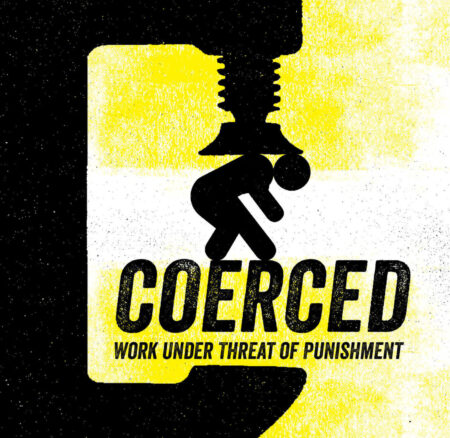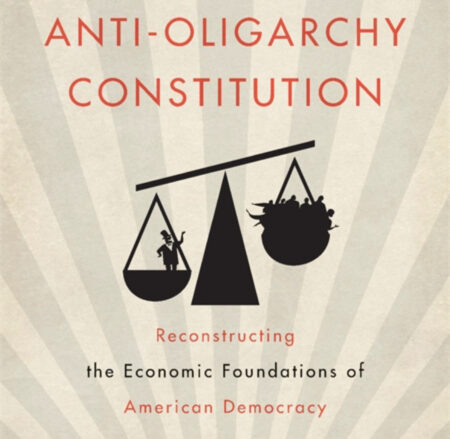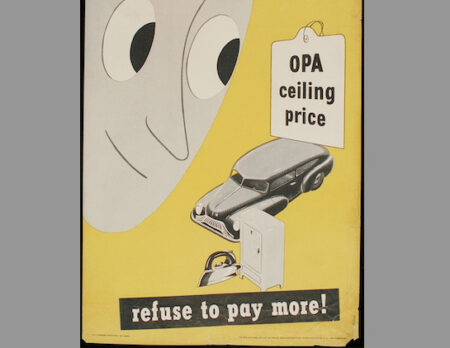
When Labor Law Protects Corporate Interests Better than Corporate Law Does
The prevailing joint employer standard requires a showing of greater control than state-based corporate law requires when applying traditional concepts of agency law to parent-subsidiary and franchisor-franchisee relationships. As a result, the current standard leaves millions of workers without meaningful collective bargaining rights because companies that “call the shots” avoid getting called to the bargaining table. Thankfully, this past week, the Board issued a notice of proposed rulemaking that signals the NLRB’s desire to return to a more protective standard.







